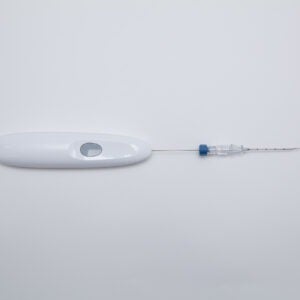Delcath has also reported that sufficient patient events had occurred in its randomized, multi-center Phase III trial of melphalan for data analysis to begin. Under the expanded access program, the five centers treating the highest number of patients during the Phase III trial may continue to treat patients with metastatic melanoma to the liver while the data is being evaluated.
The expanded access program allows patients to be enrolled into the non-randomized study, materially identical to the melphalan arm of the randomized Phase III trial that will be submitted to FDA for a new drug application (NDA) review.
Patients treated under the program will not be included in the data analysis currently underway. Delcath is currently in the final stages of achieving institutional review board (IRB) approvals at these five centers.
Delcath’s Phase III trial completed enrollment of 93 patients in October 2009 and the 73rd event required under the study’s special protocol assessment prior to the initiation of patient data analysis, was reported on February 4, 2010.
Eamonn Hobbs, president and CEO of Delcath, said: “The expanded access program is terrific news. It allows us to offer help to patients with metastatic melanoma to the liver who have no other options at this stage of their disease. And as it is based on available evidence, this development underscores our confidence in the efficacy of high-dose melphalan combined with the Delcath PHP System for this unmet medical need.”
“Our goal is to make sure that all data from the trial is thoroughly reviewed before any release and we fully support the comprehensive process underway. Â We remain highly confident that the trial’s data will meet the trial’s primary endpoint, and our confidence has been further buoyed by the FDA’s acknowledgement of an expanded access program.”




